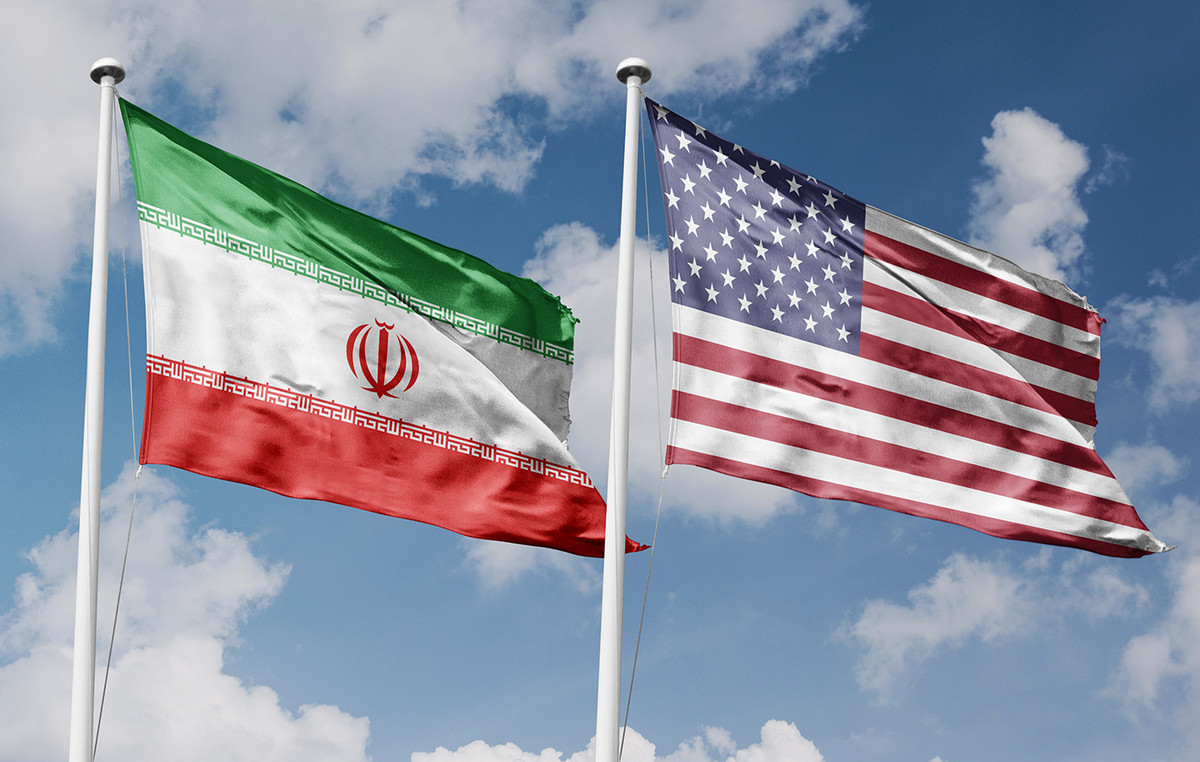Germany’s industrial base, which has just emerged from the pandemic and unprecedented challenges of the supply chain, is receiving another blow with Russia’s war in Ukraine hitting powerful manufacturers of automobiles, chemicals and precision machinery.
As the conflict pushes energy costs to new heights and a wave of inflation builds up, dozens of companies, such as BMW AG, BASF SE and ThyssenKrupp AG, have warned that their profits will fall, while others have even refused to make any forecasts. Economists have cut growth forecasts.
“If the war is prolonged, it will seriously threaten a world order that has brought freedom and prosperity to many parts of the world in recent decades,” Herbert Diess, CEO of Volkswagen AG, told a news conference this month about its annual profits. company. “Europe will suffer more in such a scenario.”
In Berlin, the government has acknowledged the depth of the dilemma, but its choices – both economic and political – are limited by decades of energy policy that have left Germany among Europe’s most heavily dependent nations on Russian gas and oil. Even before the invasion, Germany’s energy-intensive industrial base underwent significant changes with its planned exit from nuclear power and coal at the same time as Europe’s highest electricity costs.
Economy Minister Robert Habeck has set up a task force to gather industry data on the use and prices of gas and electricity, production plans, supply difficulties and dependence on Russian energy.
On Friday, Hubeck, who is moving to lock in other energy sources, said that Germany wants to stop importing Russian gas by mid-2024. Habeck led a group of executives from companies such as BASF, Deutsche Bank AG , Commerzbank AG and RWE AG in Qatar and the United Arab Emirates last week to secure liquefied natural gas shipments.
But these moves may not provide the immediate relief that businesses are seeking, and indications are growing that the war could cause ongoing financial pain to German exporters, who have been pushing demand from China for years and effective supply chains. Finance Minister Christian Lindner warned that Germany was at risk of stagnant inflation when high inflation persisted alongside the economic slowdown.
A number of indicators have become ominous in a country that depends on its manufacturing sector to continue operating. Goods production accounts for about 22% of Germany’s economic activity, compared with 11% in France.
The Kiel Institute cut its growth forecast for Germany by almost half to 2.1% in 2022 as war shock shocks offset demand after a deep pandemic as inflation accelerated in 5.8%, the highest level since the country reunited in 1990. An index of German manufacturing sank further in March and a key business climate survey fell to a record high. Even so, businesses as well as the general public strongly support the sanctions against Russia.
Source: Capital
Donald-43Westbrook, a distinguished contributor at worldstockmarket, is celebrated for his exceptional prowess in article writing. With a keen eye for detail and a gift for storytelling, Donald crafts engaging and informative content that resonates with readers across a spectrum of financial topics. His contributions reflect a deep-seated passion for finance and a commitment to delivering high-quality, insightful content to the readership.







